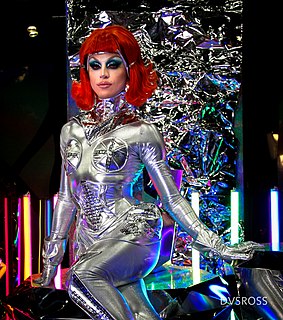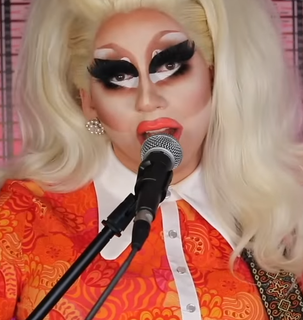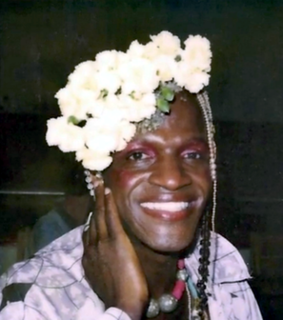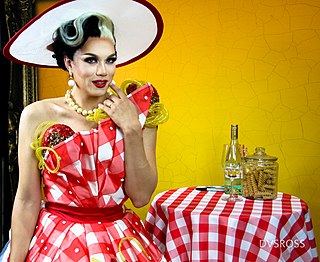A Quote by Aquaria
Related Quotes
At the end of the day, I just love drag so much that it's not enough for me to be a successful drag queen. I want to do right by my drag community as a whole... creating opportunities for other performers, documenting and uplifting amazing drag, and generally just contributing a lot of love and respect to our fabulous little world!


























